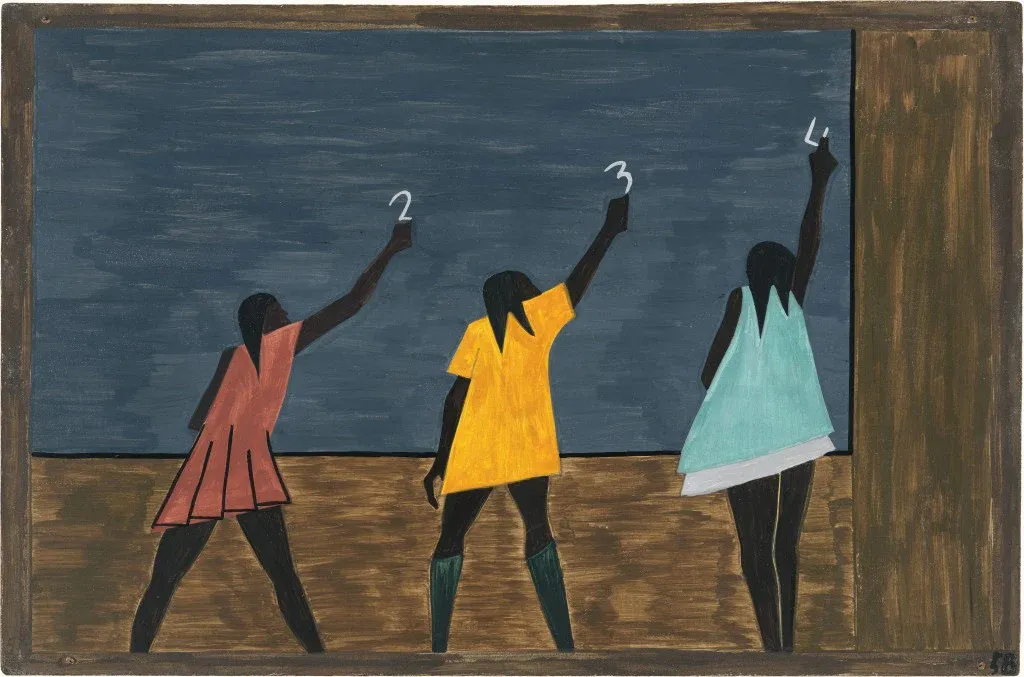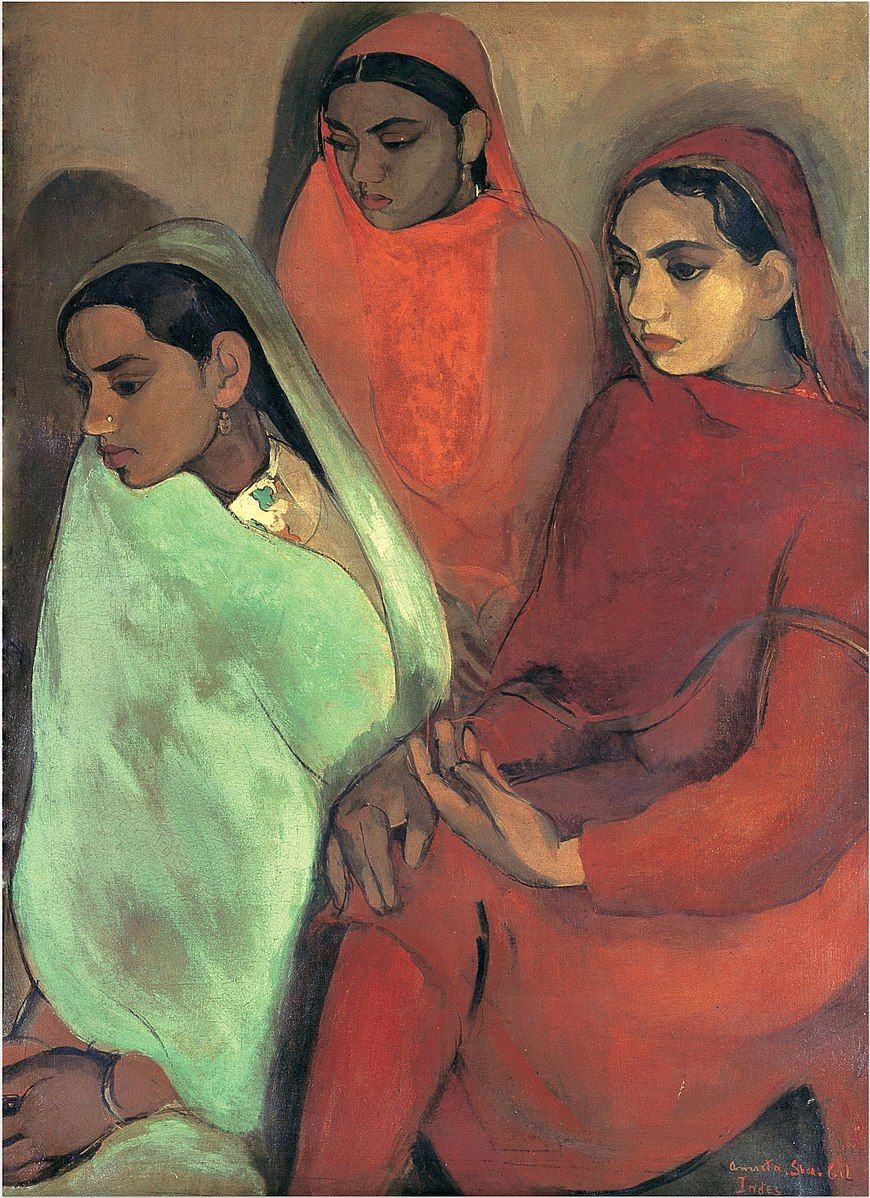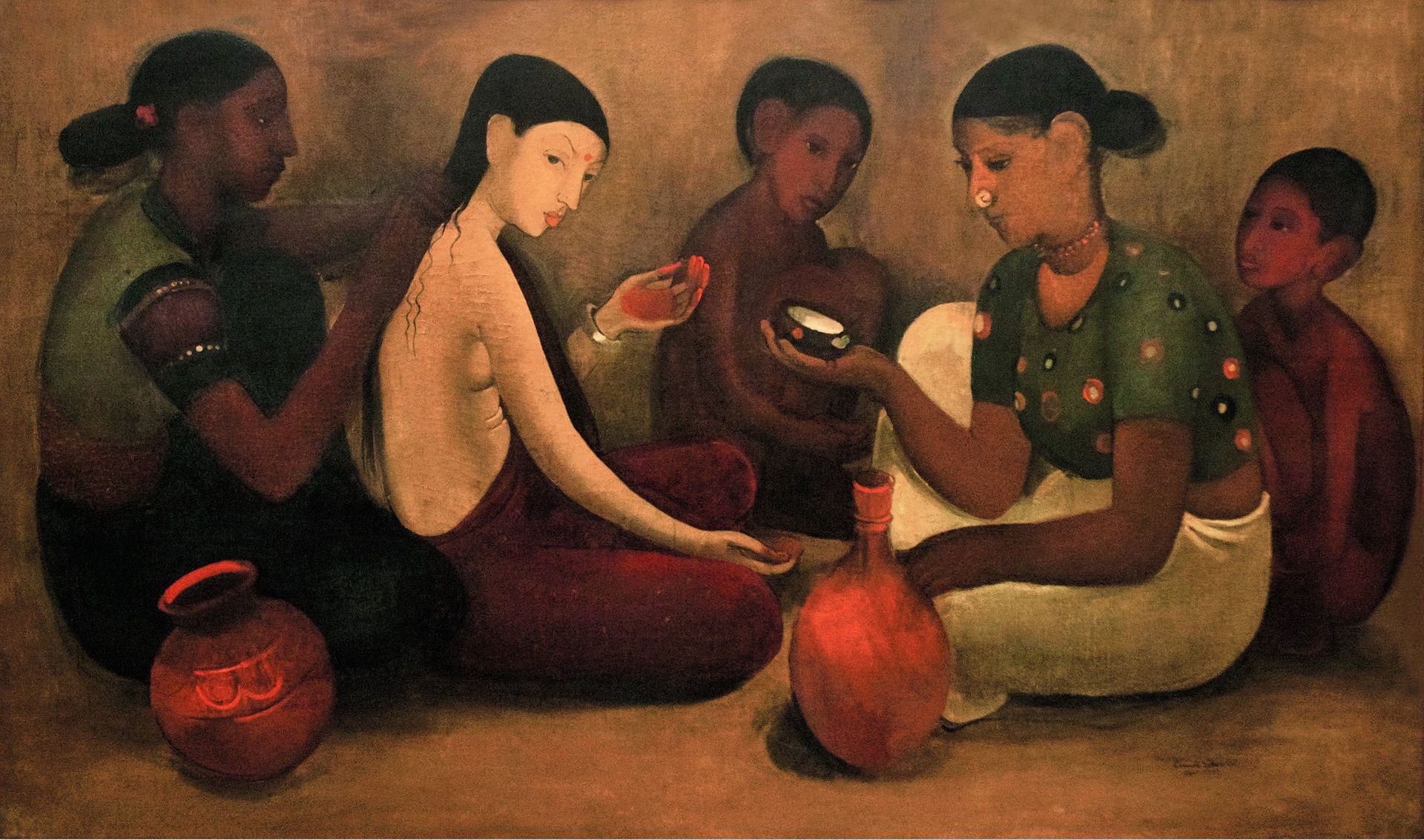From Setbacks to Success: A Personal Examination of Postgraduate Studies

Picture this:
- A millennial on a quest for a Master's degree
- Navigating through a labyrinth of setbacks
- Fighting off the many-headed monster of self-doubt and societal pressure
An unconventional hero's journey, indeed. But who said the academic path couldn't be epic?
With two failed attempts at university behind me, my encounters ended as brief graceful exits leading to no qualifications. I do not possess a Bachelor's degree.
However, an existential reassessment inspired by Covid lockdown pushed me to take a leap of faith: full-time work pivoting into Cybersecurity and undertaking a Management (with Business Innovation) research degree in less than a year—a goal that then seemed like a distant dream.
Several of my Engineering friends jocularly analogised my pursuits to a high-brow iteration of an MBA. For context, MBA curricula generally differ from specialised research degrees in terms of breadth and depth.
Venturing back into academia without a solid foundation was a bold gamble. Postgraduate programs are demanding, presupposing a higher level of knowledge and competence. I had to put in extra effort to grasp basic concepts and keep up with coursework without the solid foundation in writing that most of my peers had. I didn't have the benefit of GPT-4 as my study buddy.
And here's a curveball: Amid this academic whirlwind, I found myself in a tango with hidden emotional challenges. It was quite a rollercoaster ride.

As a British-born South Asian who spent my formative years in Pakistan, I constantly walked a cultural tightrope. I was viewed as a future wife and mother in my household, expected to adhere to traditional customs like arranged marriages with dowries. However, I wanted to challenge these stereotypes and set my path, negotiating the divide between tradition, religion and mainstream stereotypes (Shum, Gao and Tsung, 2012).

I am the first woman in my family to shatter these norms and pursue higher education, and I am beginning to notice a gradual shift among the younger generation of women challenging this narrative.
During my academic journey, I was fortunate to meet a group of teachers who acted much like expert gardeners. They planted and nurtured the seeds of curiosity and exploration within me, helping my intellectual capabilities to grow. They were instrumental in guiding me to find and use my voice. Through their dedication, they demonstrated educators' critical role in crafting fertile environments for learning and growth.
Fast-forward to today: I'm a proud graduate of Birkbeck University, which celebrated its 200th anniversary this year. Birkbeck University, a pioneer in delivering evening higher education, was founded by Dr George Birkbeck to empower London's working class. An idea so contentious that he was accused of 'scattering the seeds of evil'.
Reflecting on this journey, I've gleaned several hard-earned lessons:
- First: Ask for help - There is power in reaching out, but there's no glory in the silent struggle. Be it extra paid tutoring, leaning on your loved ones, regular supervisor check-ins or a professional therapist. Sharing your challenges lightens your load and often leads to invaluable insights. We thrive on genuine, uplifting, and supportive interactions.
- Second: Mental Health - This is non-negotiable: you must look after yourself. Recognise what stresses you, learn to manage your emotional highs and lows, and take breaks without guilt. A professional therapist is an investment in you, and often times, you have to go through a number of bad ones to get to the good one. I've had my share of low moments, times when I've considered calling it quits. With loved ones rooting for you, you build up the resilience XP. So, when things get tough, seek help, ask for extensions, defer if needed, and use the resources at hand to avoid a burn out.
- Third: Remote Learning: Don't let others' engagement levels (or lack thereof) dampen your spirit. Engage actively and question freely.
- Fourth: Mentorship: A mentor could be a game-changer, aligning your career with your education. Look into programs your university might offer - they're often an untapped goldmine of guidance.
- Fifth: Leveraging digital tools: Tools like Elicit (my all time fave), Scite, Semantic Scholar, RAx, Mybib, Grammarly, Quilbolt, and can be immensely helpful for scoping your literature review. But remember, academic integrity is fundamental to research. Always acknowledge and reference the work of others; we're standing on the shoulders of giants in the research world.
"Do what you can
with what you have
Nothing more is needed
and there are no excuses" -Rick Rubin
Finally, Embrace the beginner's mindset and persevere. Give value to your experiences, and remember, obtaining a degree involves more than academic achievements; it can be about reshaping your response to stressors and discovering your strength in vulnerability. You define why it's important to you.

Now, I'd like to delve into the prevalent discouragement of education for South Asian females, a narrative all too common in my personal experience (acknowledging the presence of my confirmation bias).
Several barriers deter female education, including financial status, parents' qualifications, and aspects of Islamic culture (Mustafa and Khan, 2018). In specific South Asian communities, there's a further hurdle: the perceived notion that an educated woman may be less desirable in the marriage market (Khan, 2017). This belief is based on the idea that an educated woman may not fulfil her traditional roles, including serving as a caretaker for her husband, children, and extended family, and at times, being expected to adopt a servitude-like position. This notion significantly constrains their access to education, imposing yet another layer of restriction
Poor parental educational background, societal rules, and strong family ties are some are some factors that hinder women from pursuing entrepreneurship (Tripathi and Singh, 2018).
These elements collectively reinforce the subordinate role women often encounter in South Asian society. Women frequently face limited access to resources, are scarcely involved in decision-making processes, and, some disturbingly, live under the constant threat of coercion from male relatives (Fikree and Pasha, 2004).
In closing, the perspectives I offered — based on personal experience and some research — attempts to parse the rich tapestry of cultural norms at play. However, these complexities differ significantly and cannot blanket all South Asian communities. Speaking from my lens as a Pakistani woman, I present above my unique journey and some of the wisdom I've accumulated along the way.
Education is a force, a beacon in the darkness, capable of disrupting the status quo and offering a new path. It's not without obstacles, but the personal and professional transformation it ignites is unrivalled.
In the face of adversity, may we seek knowledge, question traditions, and break barriers.
Remember, every journey begins with a single step, and there is always time to take that small step and return to education.
In this shared quest for knowledge and growth, I stand in solidarity with you. No matter where you come from or your past, there is always a path forward. Forge ahead, for the journey is as enriching as the destination itself.